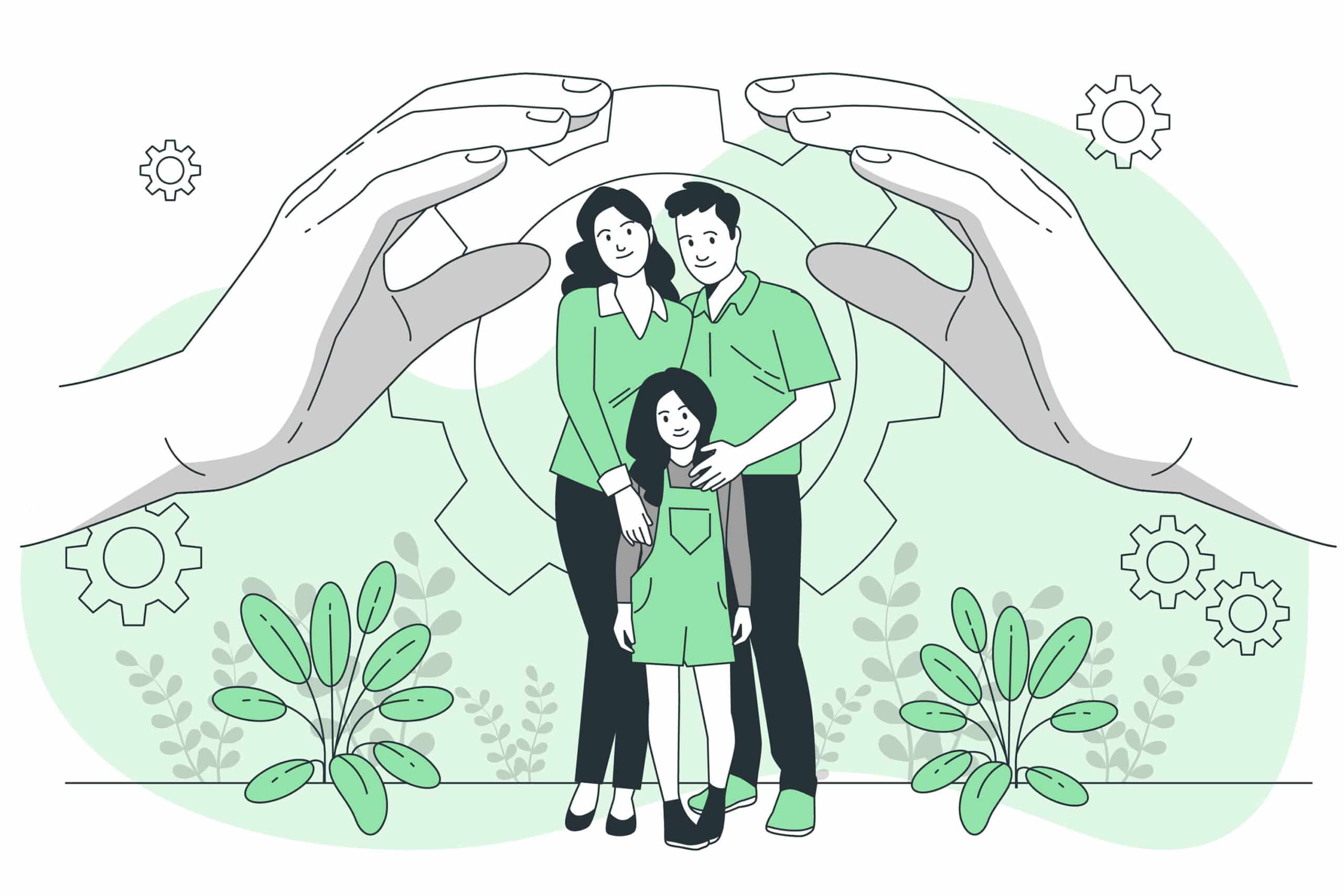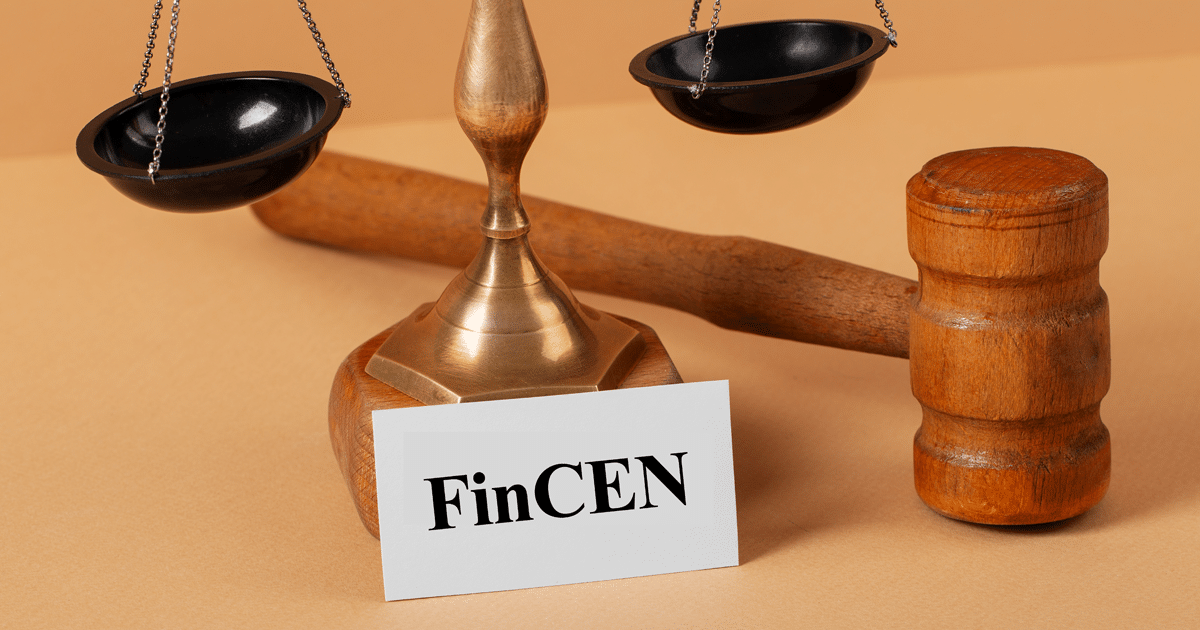Unlawful Detainer SB-91
February 10, 2021
On February 1, 2020, SB 91, as amended, was signed into law and became immediately effective. This new law allocates funds for emergency rental assistance and provides new protections for renters who are affected by COVID-19.
Landlords are required to send a notice to their resident(s) about this new law no later than February 28, 2021. FAILURE TO DO SO MAY AFFECT YOUR ABILITY TO EVICT A RESIDENT WHO FAILS TO COMPLY WITH THE COVID-19 TENANT RELIEF ACT (CTRA)
HIGHLIGHTED CHANGES IN THE NEW LAW:
(1) Utilities – Tenants can obtain additional damages in the sum of between $1000.00 – $2500.00 against a Landlord if that Landlord interrupts or terminates utilities furnished to a tenant where the Landlord terminates as a way to “force” a tenant to terminate a tenancy if the tenant has provided a declaration of COVID-19 financial distress, as specified.
(2) Tenant Screening – A housing provider, tenant screening company, or other entity that evaluates tenants on behalf of a housing provider is prohibited from using an alleged COVID-19 rental debt, as defined, as a negative factor for the purpose of evaluating a prospective housing application or as the basis for refusing to rent a dwelling unit to an otherwise qualified prospective tenant.
(3) Collections – A collection company/agency/person cannot sell or assign unpaid COVID19 rental debt, accrued between for the time period between March 1, 2020, and June 30, 2021.
(4) Unpaid Rent – The bill would also prohibit a person from selling or assigning unpaid COVID-19 rental debt, as defined, for that same time period for any person who would have qualified for rental assistance funding, provided pursuant to specified federal law, where the person’s household income is at or below 80% of the area median income.
Residents protected by CTRA (because they provide a declaration of COVID-19 financial distress to the landlord in response to one or more 15 day notices) to pay 25% of the unpaid rent has been extended to June 30, 2021. The 25% requirement now applies to rental payments between September 1, 2020, to June 30, 2021.
CTRA’s protections only apply to residents who submit a COVD-19 financial distress declaration. If a tenant does not submit the declaration, then the landlord can file an Unlawful Detainer action (unless prevented from doing so by a local government’s moratorium that was enacted prior to August 19, 2020).
(5) Just Cause requirements – A tenancy cannot be terminated unless a notice is provided by the Landlord that the intent is to evict the tenancy based upon a just cause as stated in AB 1482.
(6) Retaliation – Landlord cannot bring an Unlawful Detainer claim for anything other than unpaid rent if the purpose of filing the Unlawful Detainer is to retaliate against the tenant because the tenant has unpaid COVID-19 rental debt. Prohibition extended until July 1, 2021.
(7) Late Fees– Where a tenant has COVID-19 rental debt and has submitted a specified declaration, the Landlord cannot charge or attempt to collect late fees for the collection of COVID-19 rental debt or cannot increase fees charged to a tenant or cannot charge the tenant fees for services previously provided by the landlord without charge.
(8) Compliance – A Landlord (prior to filing an Unlawful Detainer action) must attach to the complaint documentation showing that the Landlord/plaintiff has made a good faith effort to investigate whether governmental rental assistance is available to the tenant, seek governmental rental assistance for the tenant, or cooperate with the tenant’s efforts to obtain rental assistance from any governmental entity or other third parties, as provided. The bill would authorize the court to reduce the damages awarded for any amount of COVID-19 rental debt sought if the court determines that the landlord refused to obtain state rental assistance as provided by this bill, as described below, where the tenant met the eligibility requirements and funding was available. The bill would prohibit the commencement of an action to recover COVID-19 rental debt subject to these provisions until July 1, 2021.
(9) Attorney’s Fees – The amount of attorney’s fees that can be awarded to a prevailing party in a case based upon non-payment of COVID-19 rental debt may be limited to $500.00 in uncontested cases and $1,000.00 in contested cases.
(10) Access to Records – Provisions allowing access to court records to any person do not apply if the plaintiff filed the action between March 4, 2020, and January 31, 2021, and the action is based on the alleged default in the payment of rent.
FREQUENTLY ASKED QUESTIONS
Who is Eligible for State Rental Assistance?
At least one person in the household EITHER
1) Qualifies for unemployment benefits; or
2) Experienced a reduction in household income, incurred significant costs, or experienced a financial hardship due to COVID-19;
At least one person in the household can demonstrate a risk of experiencing homelessness or housing instability, which may include any of the following:
– A past due utility or rent notice or eviction notice;
– Unsafe or unhealthy living conditions, or
– any other evidence of such risk, as determined by the Department and
o Household income at or below 80 percent of the area median, as determined by the U.S. Department of Housing and Urban Development
How Does the New Law Affect How the Eviction Process Works?
(1) Before the court can enter judgment to the landlord, it must verify with the Landlord the following:
That the landlord has not received rental assistance or other financial compensation from any other source corresponding to the amount demanded in the notice underlying the complaint.
That the landlord has not received rental assistance or other financial compensation from any other source for rent accruing after the date of the notice underlying the complaint.
That the landlord does not have any pending application for rental assistance or other financial compensation from any other source corresponding to the amount demanded in the notice underlying the complaint.
(2) A landlord is prohibited from collecting late fees from a tenant who submits a COVID-19 declaration
(3) A Landlord is not prevented from increasing rent HOWEVER, the landlord cannot increase fees or charge new fees for services that were previously provided by the Landlord to the tenant.
(4) Unless the tenant agrees in writing, a Landlord cannot apply a monthly rental payment to any COVID-19 rental debt other than the prospective month’s rent – meaning, that a payment made in one month would be applied to the next month’s rent.


